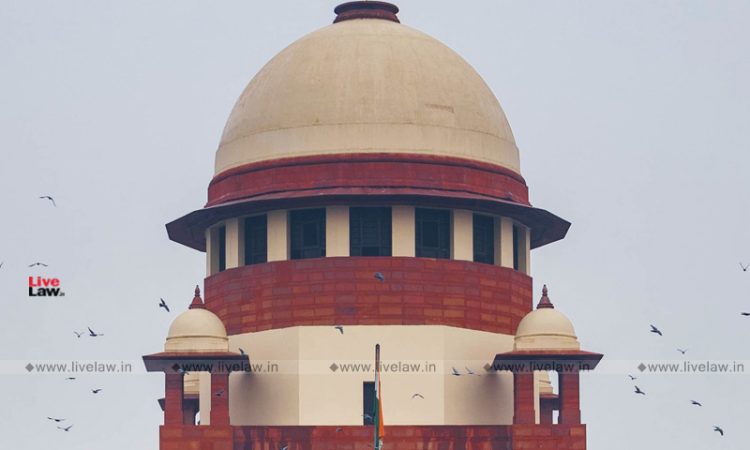The Supreme Court today (July 8) expressed the need for having a uniform model 'builder-buyer agreement' to keep defrauding builders within the check. CJI underlined the necessity to 'prima facie' have a uniform model agreement in place across the states in the Country. "Prima facie we should take these agreements on record and say that the states will have to implement because there has to...

